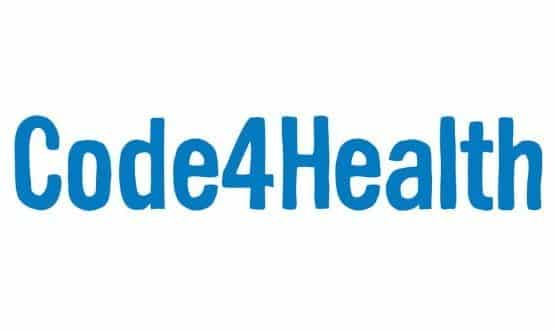Code4Health interoperability site launch
- 4 November 2015

A Code4Health community focusing on interoperability has been launched today at the EHI Live 2015 conference in Birmingham.
NHS England has unveiled a new web tool to encourage people to discuss and define a list of key application programming interfaces needed to enable new models of working across health and social care.
Inderjit Singh, head of enterprise architecture at NHS England, told Digital Health News the Code4Health community “is about bringing together localities, suppliers and national organisations as a group of peers.”
Also, that it was about “being clear about clinical priorities and needs for clinical interoperability and getting suppliers to deliver against that.”
Singh added that a starter set of APIs already exists for primary care and the aim is to extend this to the integrated care space.
New models of care to deliver greater efficiency are one of the key planks of NHS England’s ‘Five Year Forward View’ plans to close a projected £30 billion gap between funding and demand by 2020-21.
Many projects – from integrated care pioneers to Prime Minister’s Challenge Fund sites and vanguards – are now underway; and finding they need systems to share information between health and care teams.
This is proving to be difficult, because of issues with interoperability and concerns about security and information governance.
A recent evaluation of the Prime Minister’s Challenge Fund sites set out some of the interoperability issues and attempts to overcome them in some detail; saying more work needed to be done.
Singh argued that suppliers know the general goal, but they need more specific details about what pieces of work need to be done.
He added that a project board will oversee the assurance and governance process for the APIs and will be made up of people nominated from within the community. He is particularly keen to see chief clinical information officers and clinical information officers get involved.
“We need CCIOs to be much more proactive in this space and CIOs to be clearer about what they are asking for because vendors say they need more detail about what they need,” he explained.
“It’s a fundamental shift in the way we are approaching interoperability, away from being nationally dictated and much closer to CCIOs and CIOs directly linking with suppliers and being able to deliver against those priorities,” he said.
Richard Jefferson, NHS England’s head of business systems, said the community will bring together various strands of work on integration, including the CCIO Network’s Newcastle Declaration, Tech UK’s interoperability charter, and the National Information Board strategy ‘Personalised Health and Care 2020’.
“We are trying to create an agreed set of principles that anybody can work around to deliver,” said Jefferson.
“It starts with clinicians defining requirements and from that you get APIs. We need a consistent way of them manifesting themselves so suppliers can build something that’s sustainable.”
The Code4Health community will not be owned as a national programme, but sit as a sub-committee of the main community interest company, previously called the Open Source Foundation and now renamed Apperta.
Dr David Stables, founder of interoperability charity Endeavour Health, described the creation of the community as a “pivotal shift “from the top down approach of recent years and believes is will provide a “real powerhouse behind interoperability.”
“It’s probably the most important move in NHS interoperability in the last 15 years,” he added.
Stables did not believe there would be any issue getting buy-in from the necessary players to participate in the community, saying suppliers and the informatics community are “definitely up for it.”
He added that 100 suppliers already support the idea, but a smaller number will take an active role.
“You can’t ask suppliers to do this by themselves; because it’s interoperability. But you can ask them to put forward some resource,” Stables added.
He expected the active community to be made up of around 300 people, with around one third clinicians and two thirds technicians and ‘implementicians’.




